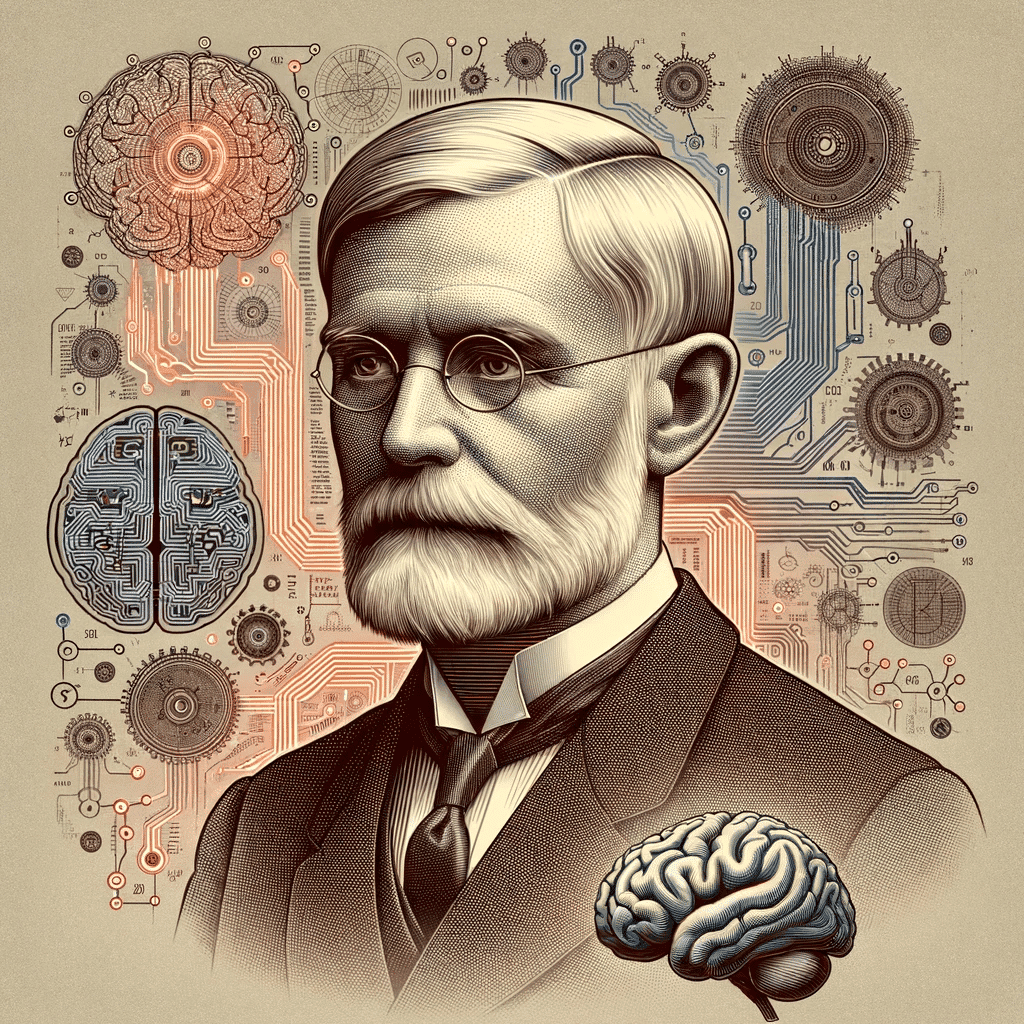Artificial Intelligence and Its Application in Production Data

Introduction
Artificial Intelligence (AI) has proven to be one of the most transformative technologies of our time, revolutionizing sectors from healthcare to finance. One of the most promising areas for the application of AI, however, is in the analysis and optimization of production data. By leveraging machine learning, neural networks, and advanced algorithms, industries can achieve efficiency, precision, and scale previously thought impossible.
Understanding Production Data
Production data refers to the comprehensive data generated throughout a product’s life cycle, from its inception and manufacturing to its end use. This might include data on materials used, manufacturing processes, quality control metrics, machine performance, and much more.
Given the vastness and complexity of such data, especially in large-scale production settings, manual analysis becomes an insurmountable challenge. That’s where AI steps in.
Benefits of Implementing AI in Production Data Analysis
- Improved Efficiency: Traditional data analysis is time-consuming and often fragmented. AI can analyze vast datasets in real-time, ensuring that production decisions are informed by the most recent data.
- Predictive Maintenance: With AI, companies can predict when a machine is likely to fail or need maintenance. This prevents unexpected downtimes and prolongs machine lifespan.
- Quality Control: Machine learning algorithms can identify defects in products, leading to a higher standard of quality and less recalls.
- Optimized Resource Allocation: AI can ensure that resources like manpower, energy, and raw materials are used efficiently, reducing costs and waste.
- Supply Chain and Inventory Management: By analyzing trends and patterns, AI can predict demand and supply gaps, ensuring seamless production without delays or overstocking.
Case Studies: AI in Action
Automotive Sector: Companies like Bosch, Tesla etc use AI to analyze data from their manufacturing units. By doing so, they optimize the production rate and quality of their electric cars, making real-time adjustments.
Pharmaceuticals: Drug production involves monitoring numerous variables to ensure efficacy and safety. Companies like Pfizer are utilizing AI to monitor and adjust these variables instantly, streamlining the drug production process.
Challenges and Considerations
- Data Privacy and Security: With the increased use of AI in analyzing production data, there’s a heightened risk of data breaches. Safeguarding this data becomes paramount.
- Integration with Existing Systems: Not all production units are equipped for AI integration. Updating these systems can be both time-consuming and costly.
- Training and Skill Gap: The workforce needs to be trained to understand and work alongside AI systems. This necessitates investments in training and sometimes hiring specialists.
- Over-reliance: While AI can process and analyze data with exceptional accuracy, over-relying on it without human oversight can lead to unforeseen challenges.
The Road Ahead
As AI continues to evolve, its integration into the realm of production data will only deepen. There’s immense potential in harnessing this technology to make industries more efficient, sustainable, and adaptable. However, as with all advancements, there’s a need for a balanced approach, where the benefits of AI are maximized while its challenges are effectively addressed.
In conclusion, the symbiosis between AI and production data signifies a transformative phase in the industrial sector. Embracing this change with an informed and strategic mindset can lead industries into a new era of productivity and innovation.







